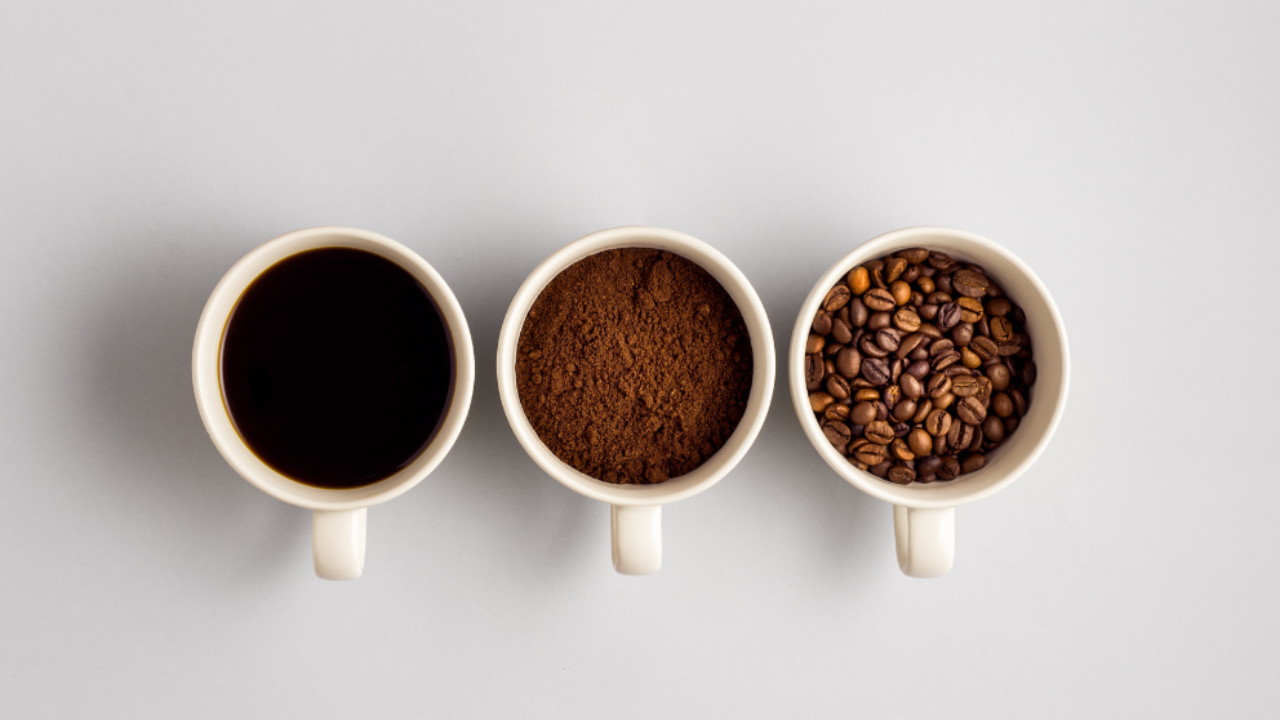Should You Delay Your Morning Cup of Coffee?

If you start your morning with a coffee (or two), you’re not alone. For many women (like us!), that first cup is a ritual. But during perimenopause and menopause, you might notice that same cup leaves you feeling a little more anxious, restless, or “on edge.”
So, what’s really happening between caffeine, cortisol, and your changing hormones? And what can you do to prevent increasing your anxiety? Here’s what you need to know:
Cortisol and Menopause: What Changes?
Cortisol is your body’s main stress hormone, and it naturally peaks about 30–45 minutes after you wake up. Its job is to help you feel alert and ready for the day. Typically, levels start to lower as you go about your day.
During perimenopause, cortisol levels can begin to shift. Research finds that cortisol levels are more strongly associated with hormonal changes (oestrogen, FSH, and testosterone) than with lifestyle factors. So, it’s possible that changing hormones during perimenopause may heighten stress sensitivity for some women.
What does this mean when it comes to your coffee intake?
ortisol levels increase in the morning, and women during perimenopause may have heightened cortisol levels (and anxiety) overall. What does this have to do with your coffee intake?
Well, caffeine can stimulate the release of cortisol and adrenaline, which are the same hormones involved in the stress response. This can increase alertness and focus which is why many of us love to reach for our coffee first thing in the morning to help us wake up. To decide whether to delay your coffee, and whether to limit how much you have, here are a few research-backed considerations:
Do you regularly drink coffee? Research shows that this effect is more pronounced in people who do not regularly consume caffeine or after a break from caffeine, but regular caffeine drinkers to a lesser extent.
Do you experience symptoms of anxiety? Individual sensitivity varies. Women who already experience anxiety, poor sleep, or symptoms like hot flashes or night sweats may find caffeine makes these symptoms worse, especially at higher doses or on an empty stomach. Caffeine is also a gut irritant, and may worsen gut symptoms, contributing to anxiety.
How soon are you drinking your coffee? Remember how we said cortisol rises in the morning? Caffeine consumed during your natural cortisol peak (the first 30–60 minutes after waking) could amplify that hormonal surge, increasing jitteriness or anxiety in sensitive individuals. Delaying your coffee by an hour or pairing it with breakfast can help to buffer the caffeine’s impact. Observe how your energy, focus, and mood respond: small timing tweaks can make a difference here.
Lifestyle Support for Anxiety in Menopause
Beyond caffeine, several strategies have strong evidence for supporting stress and mood in menopause:
- Mind-body practices: (yoga, meditation, relaxation techniques) have been shown to lower anxiety and improve well-being.
- Regular movement: even gentle activity helps regulate cortisol and supports sleep.
- Balanced meals: meals with adequate protein can help maintain steady energy, which may reduce stress-related symptoms.
- Hormone therapy and cognitive-behavioural approaches: these can also play a role for women with persistent anxiety or low mood.
A Final Word
Caffeine isn’t something most women need to cut out completely in menopause, but how and when you drink it can make a difference. If anxiety, restlessness, or disrupted sleep are showing up more often, experiment with:
- Keeping caffeine moderate (we recommend limiting to one or two cups per day)
- Having your first cup after breakfast or an hour after waking
- Pairing caffeine with supportive habits like mindful movement and balanced nutrition
As always, we’re here to help support you so that you don’t need to work it out alone!
References
- Gavrieli, A., Yannakoulia, M., Fragopoulou, E., Margaritopoulos, D., Chamberland, J., Kaisari, P., Kavouras, S., & Mantzoros, C. (2011). Caffeinated coffee does not acutely affect energy intake, appetite, or inflammation but prevents serum cortisol concentrations from falling in healthy men. The Journal of Nutrition, 141(4), 703–707. https://doi.org/10.3945/jn.110.134436
- Lovallo, W., al’Absi, M., Blick, K., Whitsett, T., & Wilson, M. F. (1996). Stress-like adrenocorticotropin responses to caffeine in young healthy men. Pharmacology Biochemistry and Behavior, 55(3), 365–369. https://doi.org/10.1016/0091-3057(96)00032-2
- Lovallo, W., Farag, N., Vincent, A., Thomas, T. L., & Wilson, M. F. (2006). Cortisol responses to mental stress, exercise, and meals following caffeine intake in men and women. Pharmacology Biochemistry and Behavior, 83(3), 441–447. https://doi.org/10.1016/j.pbb.2006.02.010
- Lovallo, W., Whitsett, T., al’Absi, M., Sung, B., Vincent, A., & Wilson, M. F. (2005). Caffeine stimulation of cortisol secretion across the waking hours in relation to caffeine intake levels. Psychosomatic Medicine, 67(5), 734–739. https://doi.org/10.1097/01.psy.0000181272.05898.3d
Stay connected with gut health news and updates!
Join our Free Weekly Newsletter to receive the latest gut health news, recipes and updates from our team.

